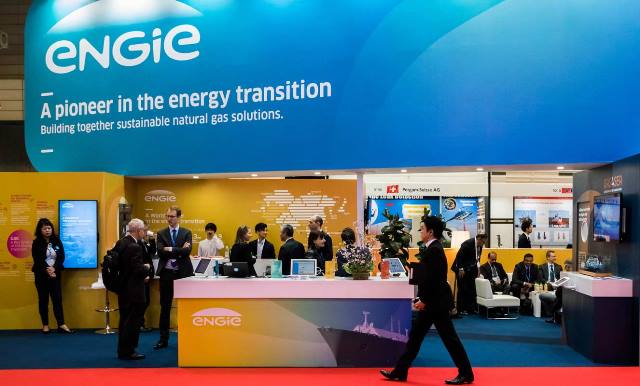In 2024, Engie won 4.3 gigawatts (GW) of power purchase agreement (PPA) deals globally, an increase from 2.7 GW in 2023. Of this total, 1.5 GW were signed in the United States, covering eight different projects.
ENGIE’s PPA deals represent total electricity supply of 136 TWh. These 85 agreements spanned five continents, including North America, South America, Asia, Europe, and Oceania. This achievement solidifies ENGIE’s position as a global leader in the PPA market, with a cumulative portfolio of 14 GW of contracted PPAs.
The company’s strong performance includes key agreements with Meta in the United States and an expanded global partnership with Google, involving new projects in Belgium and the United States. In addition to partnerships with tech giants, ENGIE diversified its client base by securing contracts in new sectors such as utilities, chemicals, and healthcare.
The increasing demand for decarbonized electricity, particularly in the technology and digital sectors, has been a major driver of the PPA market in recent years. The rise of energy-intensive applications such as artificial intelligence has further accelerated this trend.
ENGIE demonstrated exceptional commercial success in North America, where it signed 1.5 GW of PPAs in response to the region’s high demand for renewable electricity. The contracts signed in 2024 cover eight new projects, with electricity production expected between 2024 and 2026. Among these projects, Chillingham Park, a 350 MW solar installation near Austin, Texas, stands out as ENGIE’s largest solar project to date in the United States.
Beyond traditional PPAs supplying electricity from solar, wind, and hydro assets, ENGIE is also a pioneer in Biomethane Purchase Agreements (BPAs). The company signed several major BPA contracts in 2024, including agreements with Arkema and BASF, further strengthening its commitment to sustainable energy solutions.
Engie remains confident in the strong demand for renewable energy projects in the United States and expects the country to continue playing a significant role in its portfolio, according to Executive Vice President Edouard Neviaski.
Despite recent political developments, including U.S. President Donald Trump’s decision to pause spending for the Inflation Reduction Act and the Infrastructure Investment and Jobs Act — key climate and infrastructure initiatives signed into law by former President Joe Biden — Engie continues to secure significant renewable energy contracts in the U.S. market, Reuters news report said.
Edouard Neviaski emphasized the continued demand for such contracts in the U.S. and acknowledged that while there are still uncertainties regarding the development of certain renewable projects, customer interest remains strong. He also noted that while other regions may see faster growth in the coming years, the U.S. will still represent a substantial portion of Engie’s PPAs.
Donald Trump has previously expressed opposition to further development of wind infrastructure in the United States, a position that could impact future projects in this sector. Engie currently operates 8 GW of wind and solar farm capacity in North America, with several additional projects still in development.
Edouard Neviaski stated that it remains too early to determine the exact impact on the wind energy sector but indicated that renewable projects involving solar power combined with battery storage are expected to see increased development. He pointed out that battery capacity will play a crucial role in enhancing flexibility within the renewable energy landscape.
Looking ahead, Edouard Neviaski anticipates that battery storage development will accelerate in 2025, driven by declining material costs and the faster-than-expected expansion of renewable energy projects. This trend suggests that despite political uncertainties, technological advancements and market forces will continue to drive growth in the renewable energy sector.
Engie remains committed to its renewable energy investments in the U.S., betting on sustained interest from customers and the increasing viability of battery-supported solar projects to meet energy demands efficiently.
Baburajan Kizhakedath

